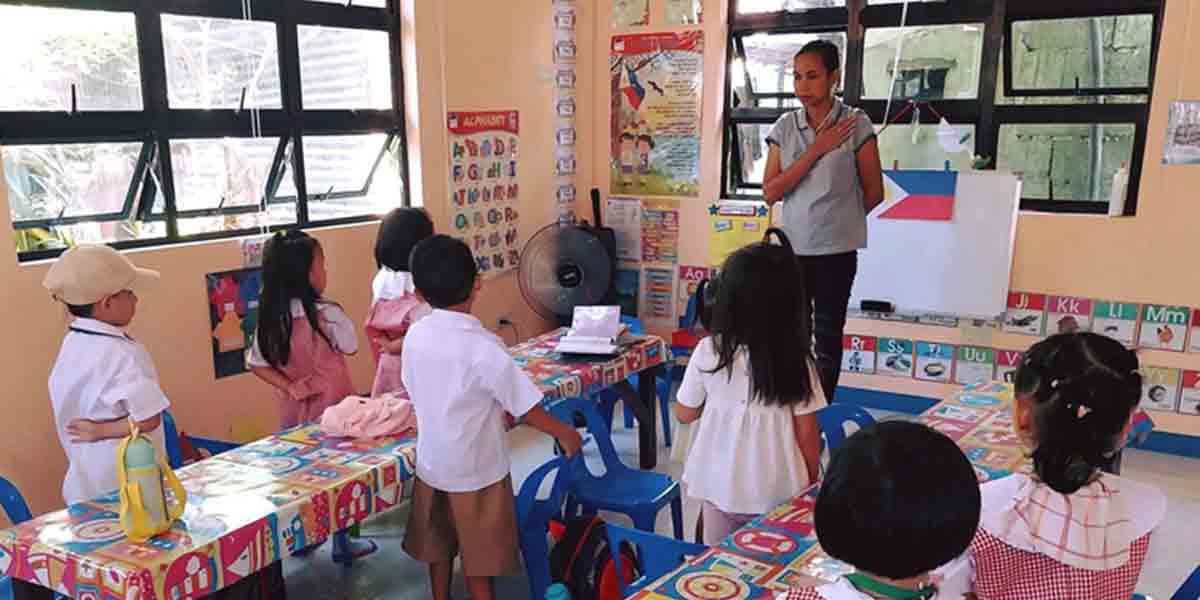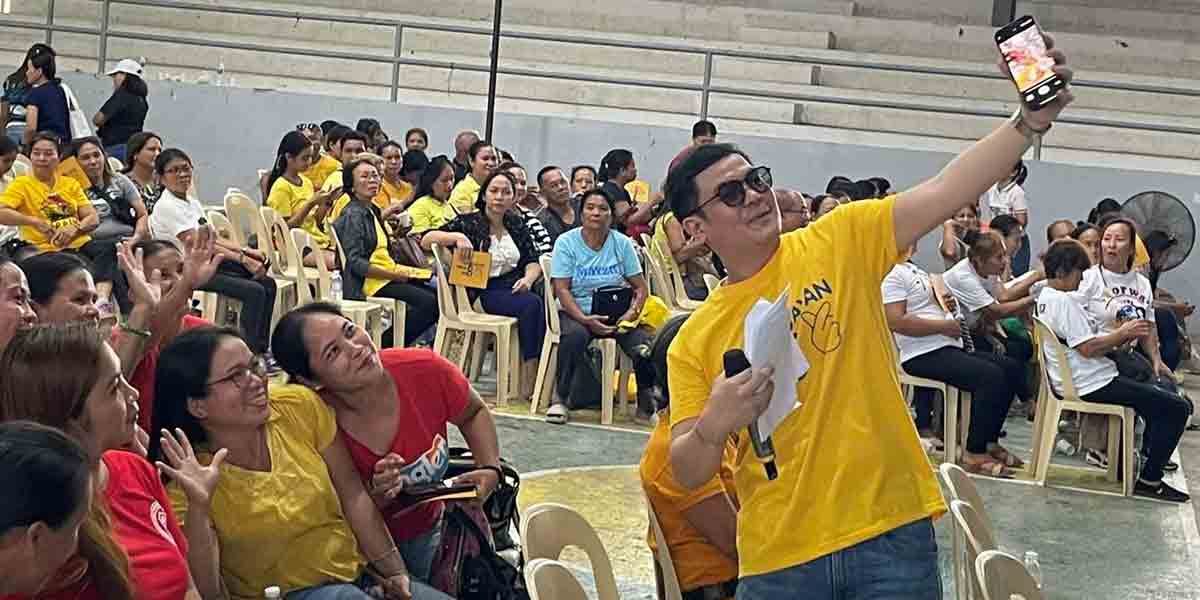By Alex P. Vidal
“Winning or losing of the election is less important than strengthening the country.” —Indira Gandhi
NO clear winner yet. At least this is how the recent national polls were saying although we have been emphasizing that the US presidential race won’t be decided by popularity votes, but by race to 270 electoral college votes.
Because several most recent national polling showed the US presidential race between the Republican and Democrat candidates are deadlocked at 48 percent apiece with eight days to go before the November 5 election, the next American president could be either “Kamala Trump” or “Donald Harris.”
No one can tell until the fat lady sings, so to speak.
Former President Donald Trump, who trailed by two percent in September, was bolstered by Republicans coming back home to support him after last month’s rough debate and a subsequent polling deficit, as well as by a favorable voter assessment of his term as president, according to NBC News.
The findings of a new survey released three weeks before Election Day also showed Vice President Kamala Harris’ popularity declined compared to a month ago after she got a big summertime boost; a massive gender gap between support for Harris and Trump; and voters viewing abortion as a top motivating issue heading into the 2024 vote.
-o0o-
Democratic pollster Jeff Horwitt, who conducted the survey with Republican pollster BillMclnturff, said, “As summer has turned to fall, any signs of momentum for Kamala Harris have stopped. The race is a dead heat.”
NBC News quoted McInturff as saying, “headwinds” for Harris have helped narrow the presidential contest, including concerns that the vice president doesn’t represent change from President Joe Biden and voters seeing Trump’s presidency in a more positive light than Biden’s.
“She is asking for another term from the incumbent party,” McInturff said of Harris.
In the new poll conducted Oct. 4-8 Harris reportedly got support from 48 percent of registered voters in a head-to-head matchup, while Trump got an identical 48 percent.
Another 4 percent said they were undecided or wouldn’t vote for either option when forced to choose between those two major-party candidates.
Forbes has reported that pre-debate surveys found Harris’ polling surge appeared to plateau, including a NPR/PBS/Marist survey of registered voters taken Sept. 3-5 that showed Harris leading Trump 49 percent to 48 percent, down from a three-point lead in August. Most post-debate surveys showed the majority of respondents believed Harris won the debate, but not enough to significantly impact the horserace between the two.
-o0o-
A New York Times/Siena poll of likely voters released Sept. 19 found the majority of voters in every demographic gave positive reviews of Harris’ Sept. 10 debate performance, with 67 percent overall saying she did well, compared to 40 percent who said the same about Trump. Harris was up 52 percent-46 percent among likely voters and 51 percent-47 percent among registered voters in an ABC News/Ipsos poll taken days following the debate on Sept. 11-13, essentially unchanged from her six-point leads with likely voters in late August and early August ABC/Ipsos surveys—even though 63 percent of Americans said Harris won the debate.
President Joseph ”Joe” Biden Jr. dropped out of the race on July 21 after resisting calls from within his own party for weeks to end his reelection bid in the wake of his disastrous performance in the June 27 debate.
He immediately endorsed Harris, and she announced plans to seek the nomination. The party quickly coalesced around her, with 99% of Democratic delegates voting to officially nominate her in a virtual roll call prior to the Democratic National Convention in August. Harris tapped Minnesota Gov. Tim Walz as her running mate, weeks after Trump announced Ohio Sen. JD Vance as his pick for vice president.
ABC News hosted the first debate between Harris and Trump on Sept. 10 from Philadelphia. Harris’ rise in polls is coupled with an increase in Democratic enthusiasm for the election, which has nearly doubled since Harris’ entrance into the race, from 46 percent in June to 85 percent now, while enthusiasm among Republicans has stayed stagnant at 71 percent, according to a Monmouth University poll released Aug. 14.
(The author, who is now based in New York City, used to be the editor of two daily newspapers in Iloilo.—Ed)





















